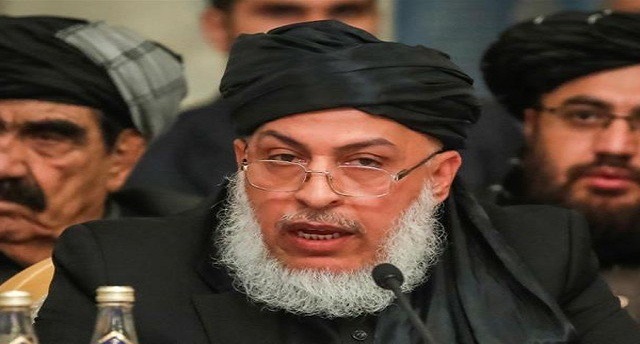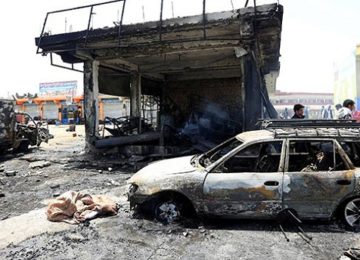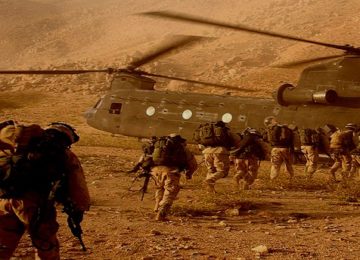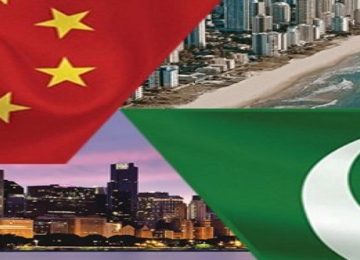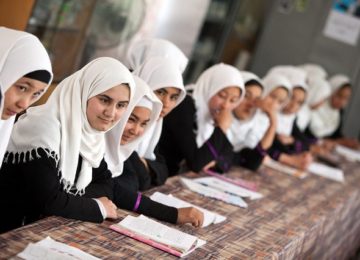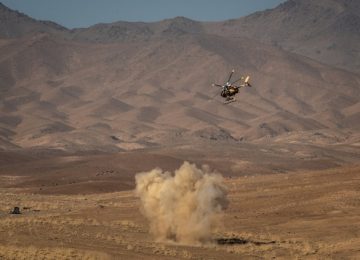May 19, 2020
Chief Taliban negotiator Sher Muhammad Abbas Stanikzai’s recent statement that India has always supported traitors in Afghanistan has tarnished India whose role in Afghanistan has oft been eyed with suspicion. India has repeatedly been accused of investing massively in minority ethnic groups against the ethnic Pashtun majority in Afghanistan due to their Pakistan-leaning and using the Afghan soil to destabilise its arch nemesis, Pakistan.
In an interview, according to Hashim Wahdatyar, former director at Washington-based Institute of Current World Affairs, Stanikzai has reportedly said, “India has always played a negative role in Afghanistan. India supported traitors in the country.” Wahdatyar tweeted Stanikzai’s statement on Twitter in response to which, Pakistan’s Science and Technology Minister, Fawad Chaudhry, stated that India’s involvement in Afghanistan was a serious threat to peace in the country. Referring to India’s National Security Advisor, he stated “Mr. Doval is habitual to poke nose in issues where otherwise India must stay out” and begged that India should let peace prevail in Afghanistan.
In an interview earlier with The Hindu, US Special Representative for Afghanistan Zalmay Khalilzad had stressed on an India-Taliban engagement, stating that if India wants to play a role in Afghanistan, it should talk to the Taliban.
Stanikzai’s statement, however, reflects the Taliban’s suspicion in India’s role in Afghanistan, indicating that it will be very difficult for the Taliban to reconcile with India unless the Indians can convince them that they have stopped choosing partners. As long as the Indians stay very close and supportive of only all former northern alliance components, such as the Tajik and Hazara ethnic minorities against the ethnic Pashtun majority, the Taliban would remain suspicious of a dubious Indian role in the country.
Diplomatic sources have also indicated that the United States had reached out to New Delhi because it feared that India was creating hurdles in the way of intra-Afghan talks and to urge India not to create roadblocks. They believe India had been the cause of President Ashraf Ghani’s reluctance to abide by the peace deal and free 5,000 Taliban prisoners which was agreed. The delay in the prisoner exchange, which is crucial to the success of the Doha peace deal, has put on hold the start of critical intra-Afghan talks, which were originally scheduled for March 10.
India feels that the peace deal in Afghanistan will erode its influence, which now has been confirmed by Stanikzai’s statement, while Ghani also foresees his political demise if the United States and Taliban’s agreement succeeds. No wonder India has chosen to back Ghani since his controversial victory in the presidential elections as both are on the same page with regards to the deal with the Taliban and it is one way for India to jeopardize the intra-Afghan peace efforts.



